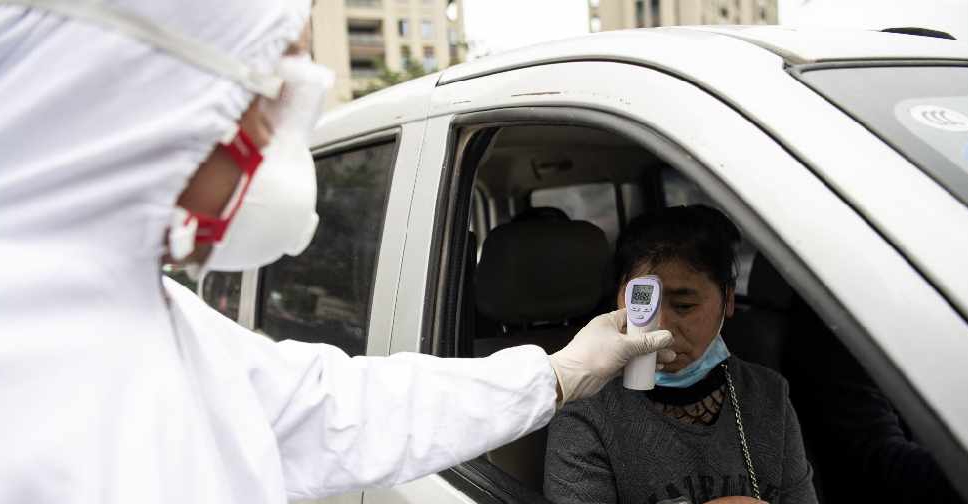
The World Health Organisation (WHO) sent 25 international experts to five Chinese cities to study the state of the COVID-19 epidemic.
During their nine-day fact-finding mission, the team visited Beijing, Wuhan, Shenzhen, Guangzhou and Chengdu.
"China’s bold approach to contain the spread of this new respiratory pathogen has changed the course of a rapidly escalating and deadly epidemic," the report highlighted.
"In the face of a previously unknown virus, China has rolled out perhaps the most ambitious, agile and aggressive disease containment effort in history. China’s uncompromising and rigorous use of non-pharmaceutical measures to contain transmission of the COVID-19 virus in multiple settings provides vital lessons for the global response.
"This rather unique and unprecedented public health response in China reversed the escalating cases in both Hubei, where there has been widespread community transmission, and in the importation provinces, where family clusters appear to have driven the outbreak."
Two makeshift hospitals with 2,600 beds were built within a short time, it highlighted.
The report revealed that the country recorded a fatality rate of 3.4 per cent. It's strongly influenced by age, pre-existing conditions, gender, and the response of the health care system, with the youngsters less likely to be infected or fall seriously ill.
It also revealed that the recovery period touched 3-6 weeks on average for the severe and critical cases, compared to 2 weeks for the mildly ill.
The team identified that the most common symptoms are fever, dry cough, exhaustion, shortness of breath, sore throat, headaches, muscle aches and chills. Less frequent ones are nausea and vomiting, stuffy nose and diarrhoea.
The report reiterated the need for proactive surveillance and large-scale implementation of non-pharmaceutical public health measures to reduce COVID-19 illness and death.
The country can now produce 1.6 million test kits for coronavirus per week, with the results delivered on the same day.

 UK inquiry finds 'chilling' cover-up of infected blood scandal
UK inquiry finds 'chilling' cover-up of infected blood scandal
 Iranian President Raisi killed in helicopter accident, state media says
Iranian President Raisi killed in helicopter accident, state media says
 ICC prosecutor seeks arrest warrants for Israeli, Hamas leaders
ICC prosecutor seeks arrest warrants for Israeli, Hamas leaders
 Assange given permission to appeal against US extradition
Assange given permission to appeal against US extradition
 Israel intends to broaden Rafah sweep, Defence Minister tells US
Israel intends to broaden Rafah sweep, Defence Minister tells US




